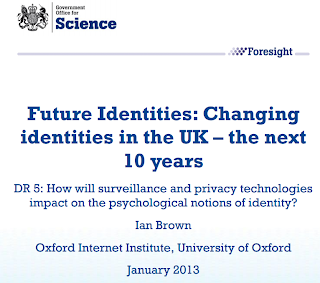Why identity might be just the connector and not a model or end game!
image source : http://www.buildbridgebond.com/ As a context I have explored the thinking that nature’s memory is not a digital memory and what are the implications of having perminancy of data (memory) in there two posts What type of memory does identity need? and Data is not Memory -- When in the charity (thrift) shop earlier this week, I was looking at the trinkets/ orderments that are largely from house clearances after someone has died. To that person who died these items were precious, valued and important. The trinket acted as a prompt or reminder of an important time, place, activity or relationship. However, without the person who made and holds that memory, the value of the item is lost to a resale value in a charity shop. Whilst it would be good to be able to create and pass on memories, which we do as learning and stories, we actually don’t pass on everything it has to be learnt and created in every case ( unlike machines and compute). Giv...






